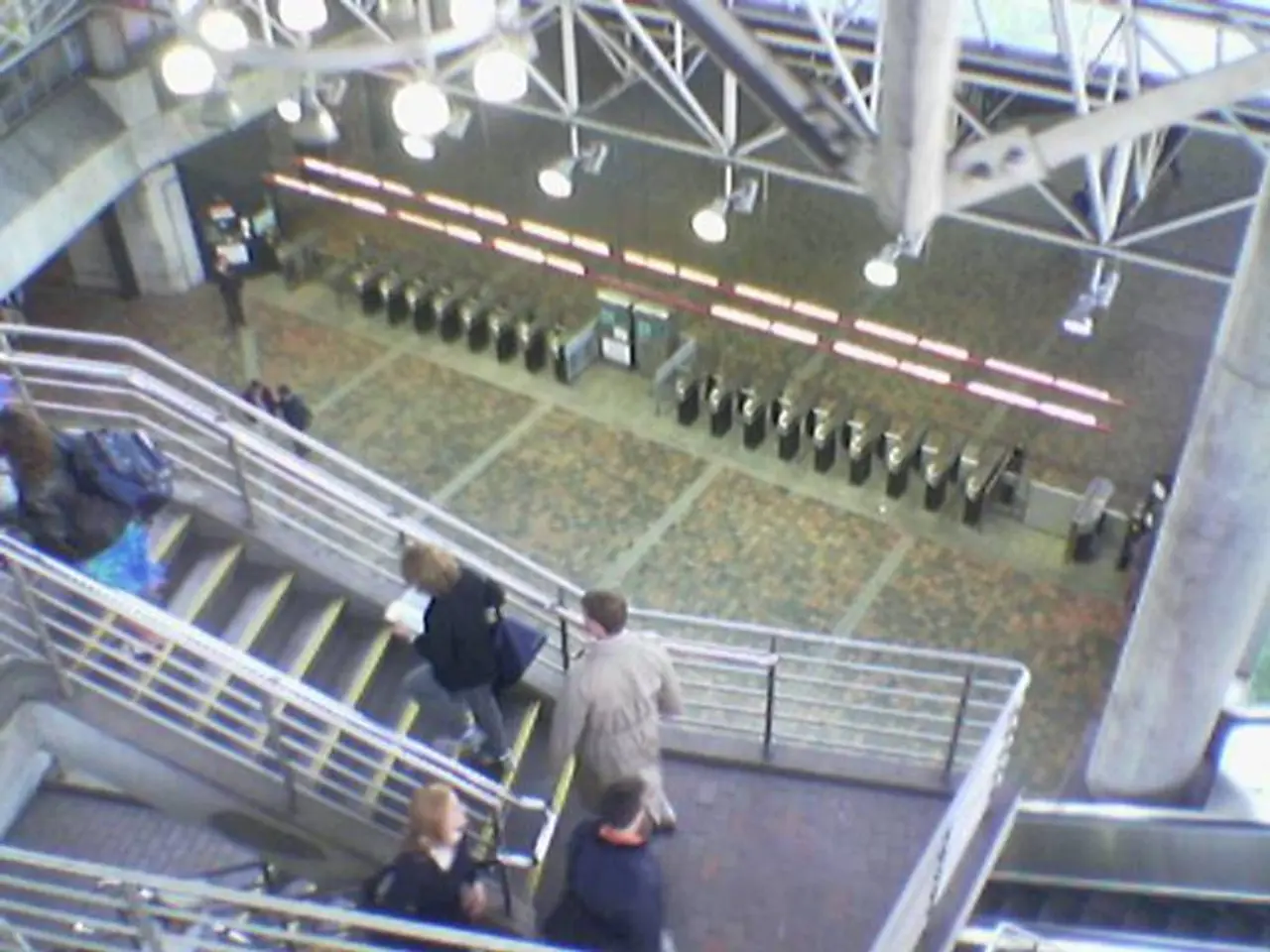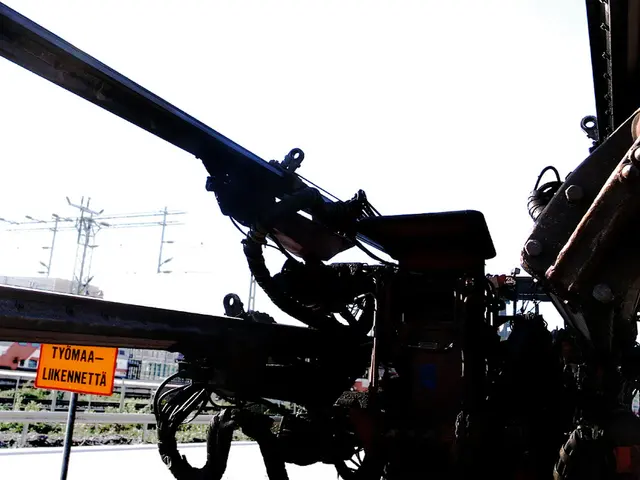Magnetic Sensor Tech Advances Promise Improved Data Accuracy
Magnetic sensor technology is evolving rapidly, promising improved data accuracy and simplified decision-making in various sectors. Recent developments include detecting biomagnetic markers in health and reliable data transmission in communication.
Institutions like Forschungszentrum Jülich in Germany, the University of Iowa, and Bosch Quantum Sensing are leading the way in magnetosensor technology. They're focusing on frequency mixing magnetic detection, low field nuclear magnetic resonance for biomedical applications, and high-fidelity fluxgate cores for space missions. Additionally, research on atomic magnetometers using phase-gradient metasurfaces is pushing quantum sensor miniaturization and sensitivity.
Magnetic sensors have proven useful in geophysical surveys for oil exploration and magnetic imaging for high-resolution scanning and neurosurgery navigation. The future holds promise for detecting biomagnetic markers related to diseases in medical research. However, balancing size and sensitivity is crucial for wider commercial applications. To meet modern industry detection needs, magnetometers must have refined sensitivity and improved long-term stability.
Magnetic sensor technology, driven by advancements in materials science, is transforming how we monitor and interact with our surroundings. With institutions worldwide pushing the boundaries, we can expect significant strides in medical diagnostics, quantum computing, and space exploration.
Read also:
- Boston Metal pioneers route to commercial production for eco-friendly steel method
- United States Secures $632 Million to Fuel Electric Vehicle Revolution
- Clean energy companies HyFlux and AMRC secure financing from ATI for game-changing advancements in aeroplane cooling systems linked to clean aviation.
- DKSH Upgrades Distribution Operations Through Significant Technological Renovation








